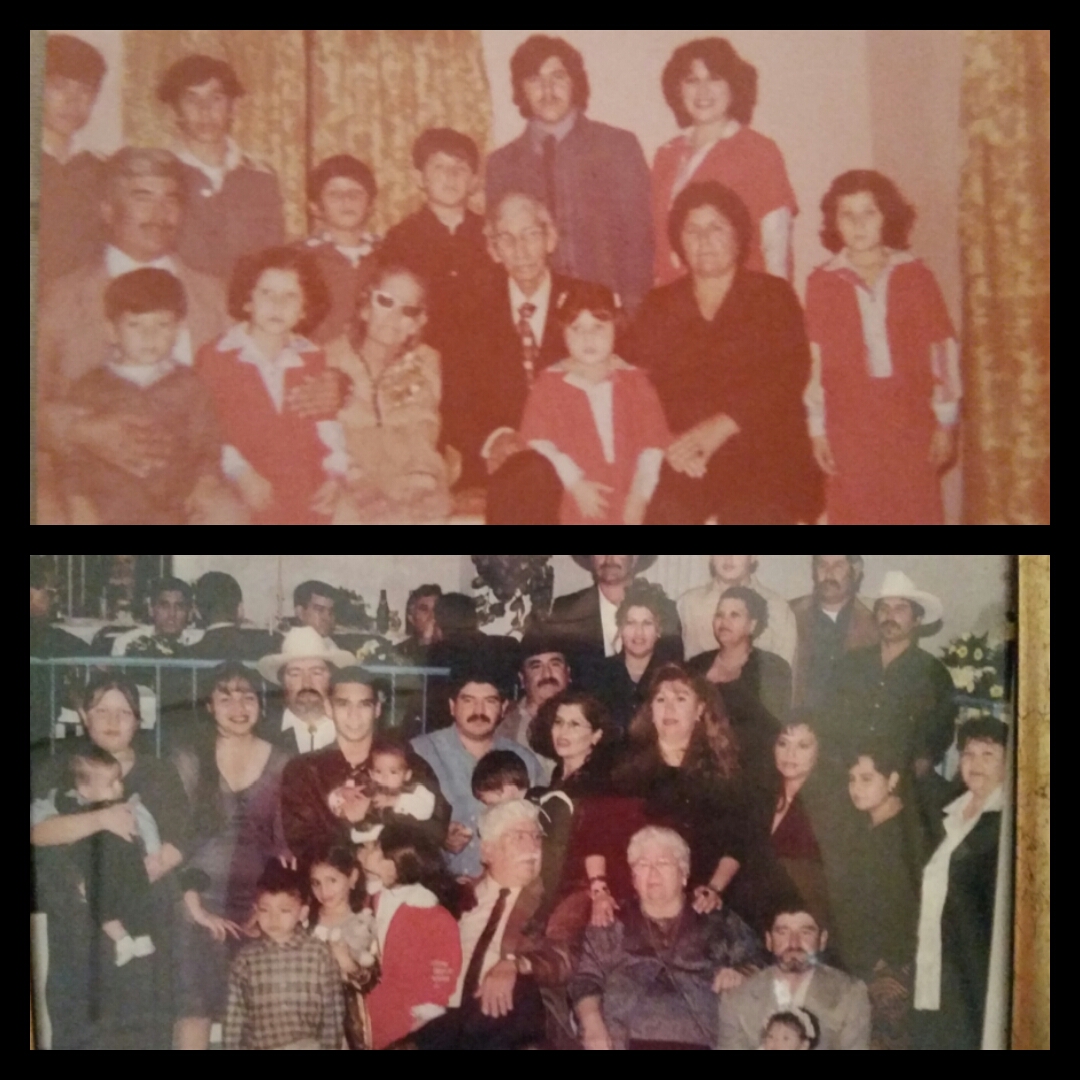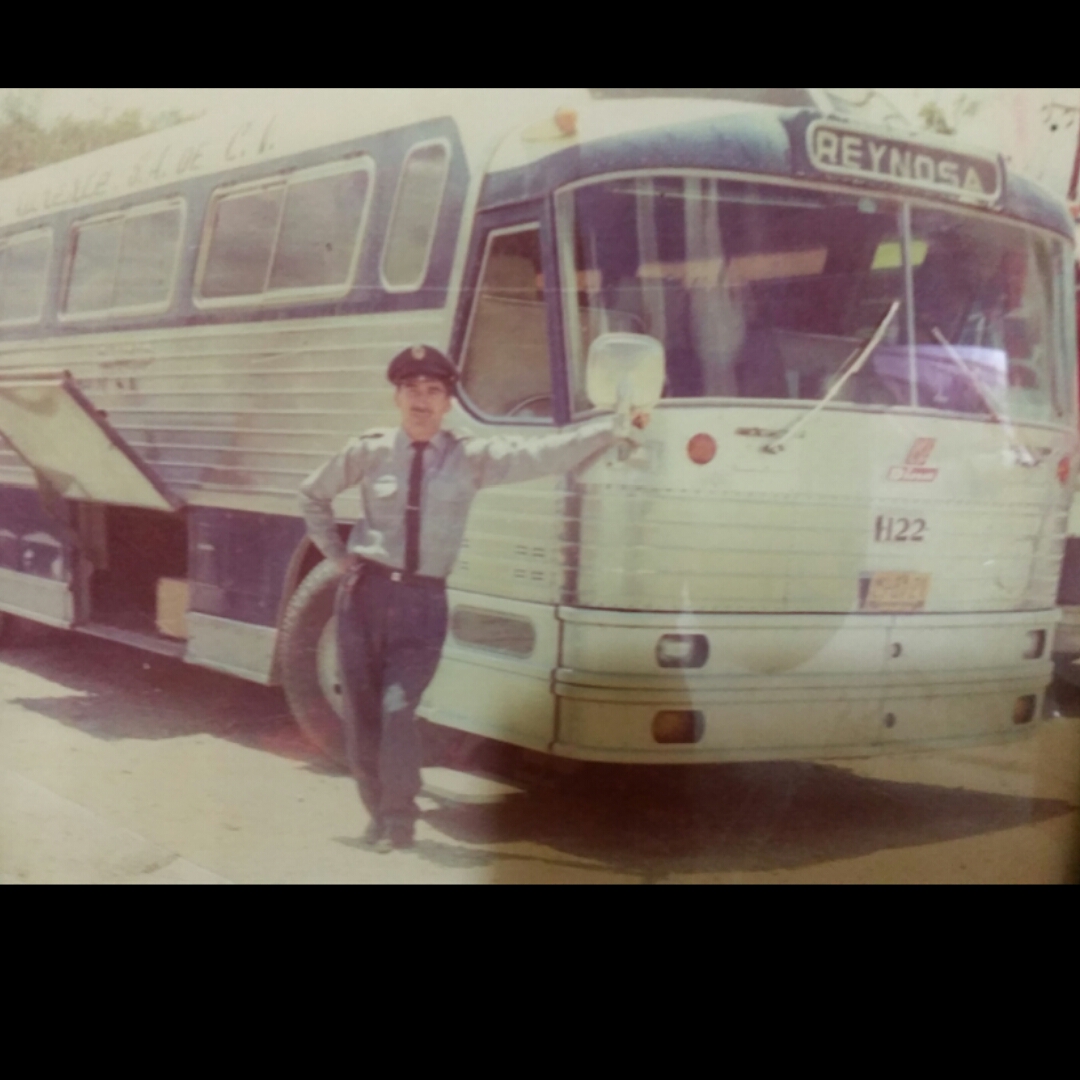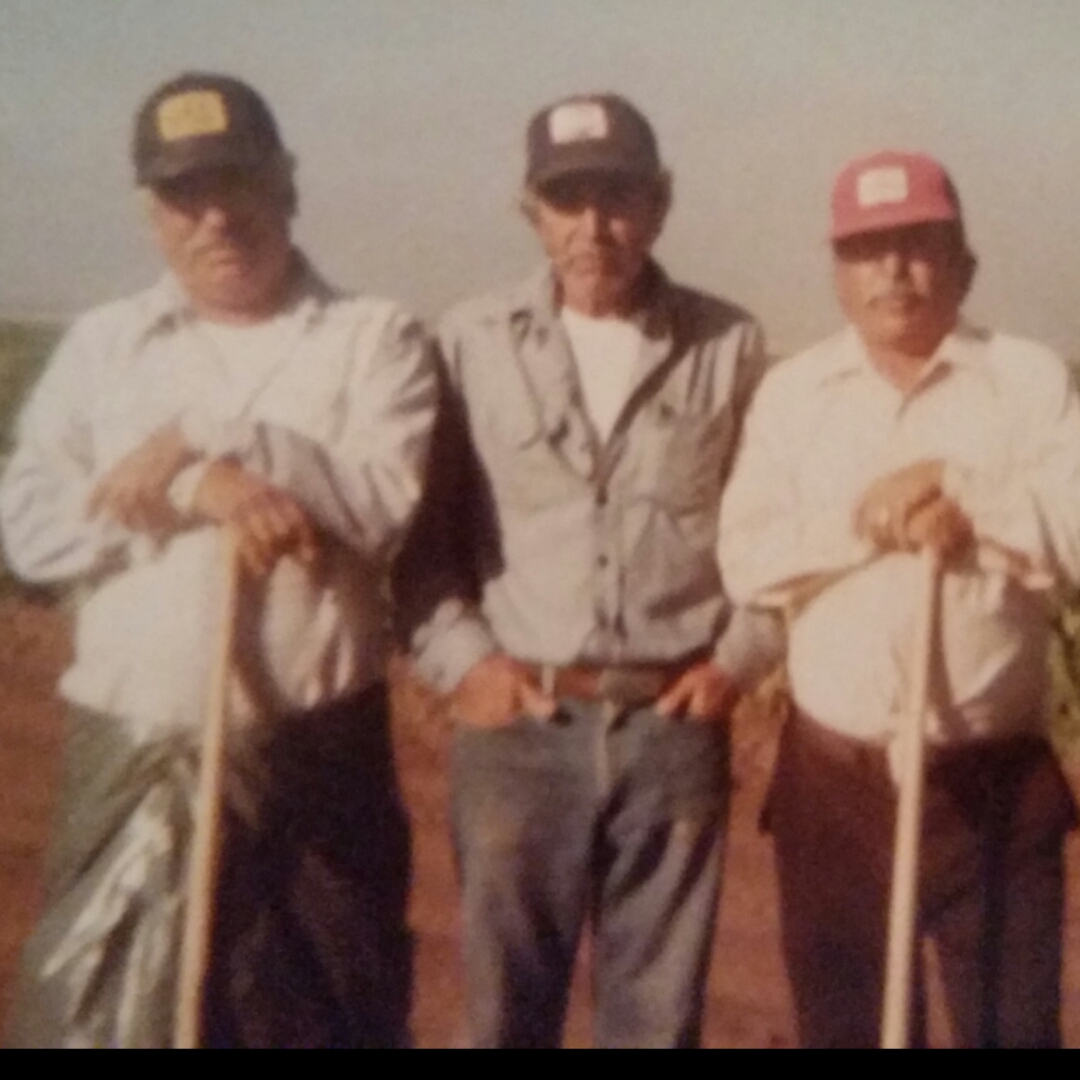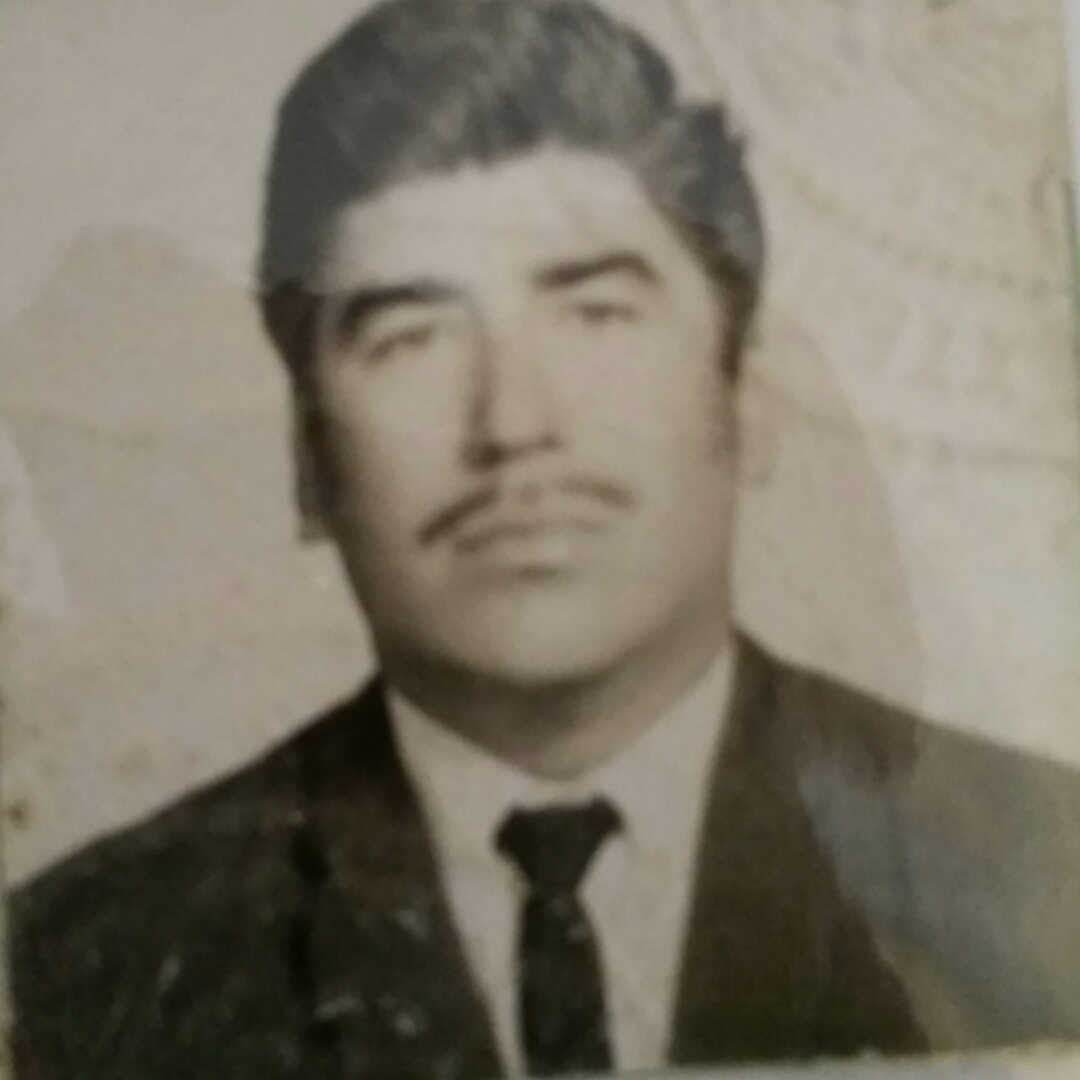TRANSCRIPTION
How did you get to the United States?
43 years ago I got to the United States legally. I came alone in my pickup truck. I didnít want tocross over without any papers so I decided to do things the right way
How was it like to start a new life in the United States with your family?
Starting a new life in a new country was very hard. I was alone and I didnít know English socommunicating with people was extremely hard. I brought my family to the United States after 8 yearsof being here in San Antonio.
How was life in Mexico?
Everything was very calm not like now a days that there is so much violence with the drugcartels. I was always working trying to get enough money to go over to the United States. I went to theU.S to financially get better but overall my life was really good.
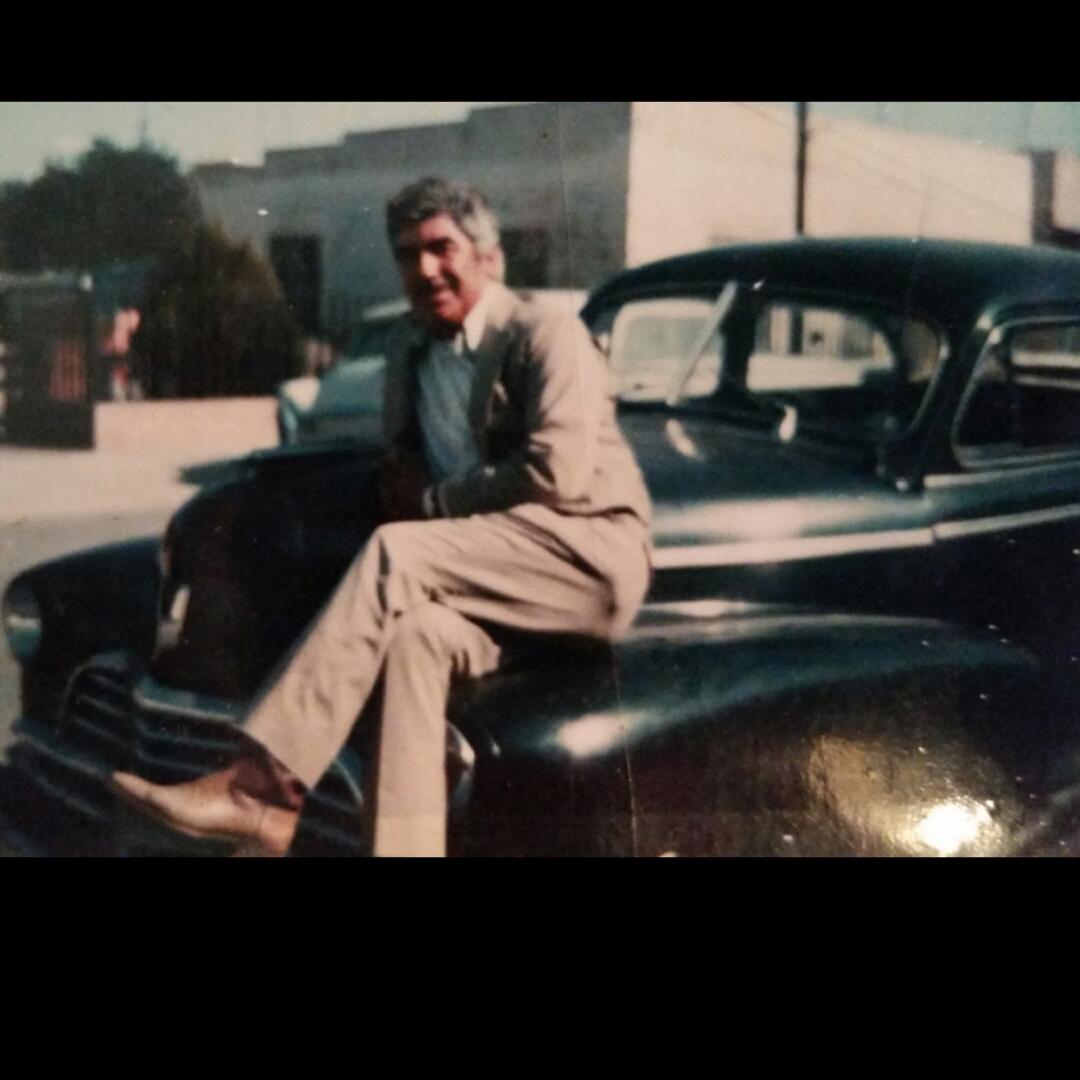
Why did you drop out of school at such an early age?
I dropped out because at that age my parents and many of other childrenís parents werenít strict about going to school. If I didnít want to go I didnít have to, so I just stopped going to school aswell as many of the children I knew.
How were the living conditions like in Mexico different than the U.S?
Well moving to the United States was different because of how people did things and how things were just set up. I came from a place where I knew everybody and I knew where places were,where I could go and earn some money. That was the different part about moving but the way I lived was somewhat the same besides of course the house. The house was a bit bigger and better than theone in Mexico. In Mexico we were limited to do things because of the money. And here on the United States I got paid a lot more so I got better opportunities.
Would you of liked to continue to go to school when you were younger?
Yes I would have liked to continue to go to school. I do regret dropping out at such an early age because maybe I could have gotten something better out of it. But since my parents werenít strict about it I just thought it was easy to just stop going.
Do you remember how much you used to make in Mexico and in San Antonio?
In Mexico I used to make 150pesos($15) daily but this was 43 years ago of course so things area lot different now. And here in San Antonio I would make 300 a week.
How did you get your first job?
I got my first job as a mechanic in a small mechanic shop. My dad new the owner of a shop named ďGomez y hijosĒ which is ďGomez and sonsĒ and asked him to give me a job there. The man I worked for later helped me come over to the United States.
Instead of working, what would you rather had been wanting to do?
I would rather be playing baseball. I liked it a lot, it was my favorite sport but since I was always working I didnít have much time to play. I was a good player, I do wish I would have kept playing and maybe played for a team.
If there is something that you would change what would it be?
I would like to be 20 years younger, thatís the only thing I would like to change. The reason being is because I would like to continue to work since I canít anymore and there is nothing much to do at home. And working would keep me occupied since I like to keep busy and would keep bringing in money.
Is there something you would like to add?
I was and am a really happy person. I have god to thank for, for blessing me with a good family and for giving me all these years of life. I have a great wife, kids, grandkids and great grandkids who I love very much.
